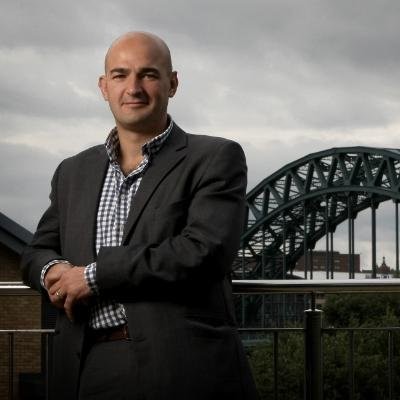Leistungen
Unsere leidenschaftlichen und erfahrenen Mitarbeiter realisieren weltweit erfolgreiche Projekte für saubere Energie.
Technologien
Wir fördern eine nachhaltige Energiezukunft mit erneuerbaren Technologien neuester Generation.
Erfahren Sie mehr über TechnologienRessourcen
Stöbern Sie in unseren neuesten Informationen. Sie finden hier Nachrichten zum Unternehmen, Kundenberichte, Brancheneinblicke und Forschungsberichte.
RessourcenKarriere
Unterstützen Sie unser Team aus passionierten Menschen, die gemeinsam eine nachhaltige, stimulierende und weltverändernde Arbeit leisten
Mehr erfahrenÜber uns
Wir leben unsere Mission, feiern die Menschen, die sie umsetzen und begrüßen den Wandel, der die Art und Weise verändert, wie die Welt Energie produziert und nutzt
Siehe über unsUnsere Büros
Wie unser Unternehmen sind wir wirklich global - aber mit Stolz lokal. Hier finden Sie Kontakt- und Standortinformationen für jede RES-Niederlassung.
Kontaktieren Sie uns-
Startseite
/
Resources
/
Blog
/
Grid Downward Flexibility – the new normal?
Grid Downward Flexibility – the new normal?
by RES | Jun 10, 2020 | Lesezeit: 2 min

One of the effects of COVID-19 in Great Britain is a new record minimum demand for electricity as well as an overall reduction in electricity consumption of 20%. This phenomenon poses particular system operation challenges to National Grid ESO (NGESO) and is set to continue throughout the summer of 2020. In order to help manage these extraordinary and previously unforeseeable system conditions, NGESO has developed a new Optional Downward Flexibility Management (ODFM) scheme for commercial scale distributed generators who do not participate in the balancing market.
The ODFM scheme will run through the summer months until the end of August this year. Minimum demand conditions often occur in the middle of the night so ODFM services from wind farms are particularly valued by NGESO at the present time but we also expect demand for services from solar farms to rise as we enter the sunnier summer months.
Participating in the scheme
The service has been specified in order to be operationally simple and to present minimal commercial risk to project owners/PPA providers. Payments are settled against a utilisation-based service fee (£/MW/h), which is bid on a weekly basis along with a week ahead statement of half hourly availability.
There is no imbalance risk to PPA counterparties as constrained energy arising from ODFM service delivery will be subject to the Applicable Balancing Services Volume Data (ABSVD) process. Delivery of the ODFM service may not be immediately compatible with the terms of all PPAs so participation needs to be considered on a generator specific basis. Within RES we have a team of commercial experts with the skills to negotiate PPA variations with the relevant off-taker, thus ensuring that all clients have an opportunity to access the ODFM Service.
The ODFM scheme was implemented at very short notice but, through a lot of hard work and effective collaboration with NGESO, we now have 15 wind farms totalling just over 220MW in Scotland, the South West of England and Wales participating in this service.
Could this be the new norm?
In parallel with setting up the ODFM services in early May, Ofgem approved a temporary modification to the GB Grid Code (GC0143) which gave NGESO the right to instruct Distribution Network Operators (DNOs) to disconnect embedded generation as a last resort emergency measure. In a recent webinar on the subject of GC0143, NGESO commented that the 1GW of downward flexibility procured through ODFM saved them from having to use these new powers on Saturday 23rd of May.
One of the conditions of approval of GC0143 is that NGESO is required to establish enduring arrangements that will enable compensated management of distributed generation under extraordinary system conditions. These new arrangements are required to be ready for implementation in Spring 2021. On this basis it seems clear that the provision of flexibility services, similar to ODFM, from distribution connected renewable generators to NGESO will be part of the new normal post Covid-19.
Author: Patrick Smart, Energy Networks Director, UK & Ireland
